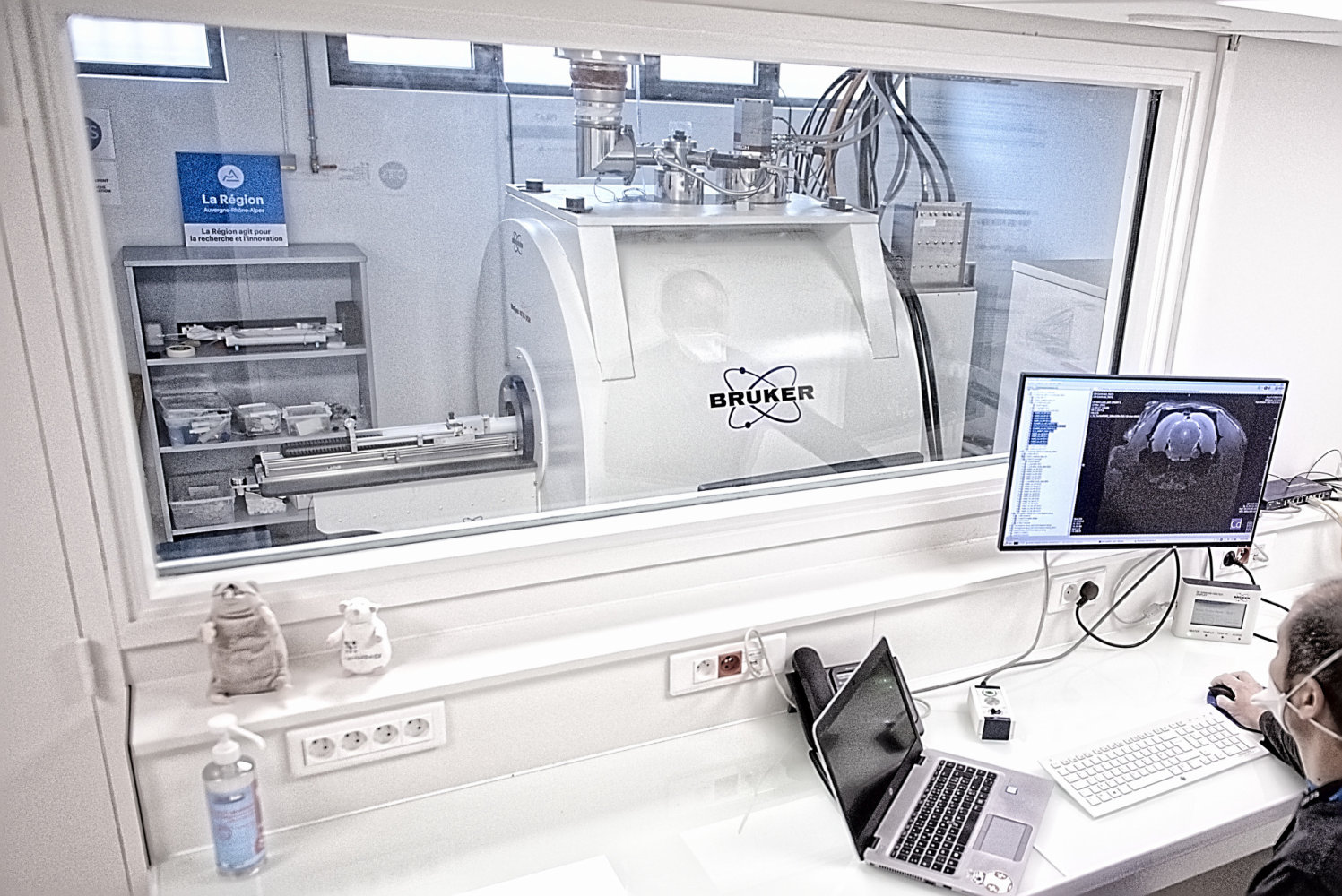Research team: PILoT (Preclinical Imaging Facility)
Supervisor(s): D. Grenier, PhD, HDR Ingénieur de recherche CNRS denis.grenier@creatis.insa-lyon.fr
Duration and gratification: 2 or 3 months and ~ 600€/month
Context and project description: Reproducibility of data acquisition will alway be a fundamental of experimental research. Observed variations depends both on extrinsic factors (controllable or uncontrollable variations generated by the user and the measurement device) but also on factors intrinsic to the observed object.
To limit the impact of these intrinsic and extrinsic factor we can use computer automated processes to:
- limit controllable variations (active processes)
- monitor uncontrollable variation (passive processes)
In the context of NMR imaging research, we want to increase the reproducibility of in vivo acquisitions by automatically analyzing the acquisitions in progress or already made in order to automatically prescribe the following acquisitions, possibly including corrections and adjustments between them.
Trainees should have skills in the following areas: Linux, Python and C++ programming, instrumentation.
Skills developped: In strong interaction with senior engineers and research staffs, this internship will give the trainee the opportunity to improve its skills in C++/Python InterProcess Communication programming, reverse engineering, MRI physics, signal processing, small animal physiology.
Methods: (Experiments, analytical modeling, numerical simulation…) MRI acquisition will be done on site using a state of the art hardware (Bruker Biospec 117/16 USR)

We have written a beta release IPC C library enabling a dialog between the MRI proprietary system and remote computer/clusters. We want now to improve the speed, the robustness and documentation of this library to produce a release version and develop real life MRI applications:
- Automatic MRI sequence prescription: centering and angulation of volumes of interest and automatic optimization of synchronization according to physiological parameters.
- MR Spectroscopy sequences with automatic voxel prescription, automatic optimization of the water suppression and automatic stop of the acquisition when an adequate signal-to-noise level is reached.
